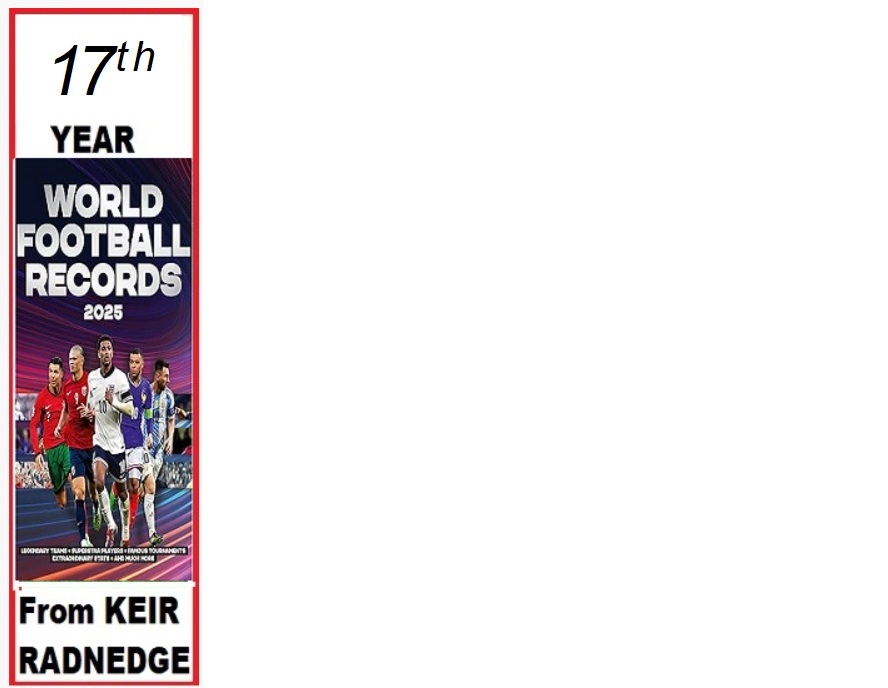Hooligan deaths head for record in Argentina
ERIC WEIL in BUENOS AIRES: Much may change in the next Argentinian football season but you can rely on the hooligan problem remaining the same or even worsen.
A recount of the hooligan death toll last year has come up with an increased record total of 18 and this year’s death count has already started this week with the murder of a Boca Juniors gang member.
It used to be fighting between gangs of different clubs, now it is mostly internal differences over the distribution of their ill-gotten gains.
Reasons for a worse year still? Because government officials will have elections this year as their main preoccupation; also, there are more and more unauthorized arms in the streets.
Deputies of the Buenos Aires province legislature approved a project late last year to form a police corps specially dedicated to fight hooligans – an idea discussed for years – and they want to have it ready to work when the 2015 championships begin (which is doubtful).
Such a corps would investigate the movement of hooligans all week and investigate their links with politicians, club officials and police.
Also there would be special prosecutors only for these cases. But that will be no good if they then end up in courts with judges who free them because of some political deal or ignore evidence.
One judge, Banadío, recently had his salary reduced by 20pc for delaying cases from as far back as the 1990s.
Numerous cases against hooligans have dragged on needlessly for years. There is a long list of unresolved hooligan crimes (even murders) which drag on even though they are technically resolved – even such famous more recent ones about the ticket scandals, the Acro murder, threatening a referee, etc. linked with continual offenders River Plate and the Boca Juniors ticket scandal and their famous hooligan leader Rafael Di Zeo who has one after another criminal case against him, but is always declared not guilty in all of them because of his government connections.
There may have been more hooligans sent to jail last year but there were many more incidents which needed investigation and judgment.
Perhaps taking points off clubs for hooligan trouble is becoming necessary again as a more severe punishment.
In Greece recently, a club lost 15 points and had to play 10 games behind closed doors, apart from a ban on transfers until the end of the season and a fine of $3,200 because one of their fans was killed in crowd trouble.
It seems that in Greece they value life more than in Argentina.
Club committees, and courts, do occasionally sanction hooligans by banning them from entering their stadium when they well know that this cannot be controlled properly … especially when the club keeps open certain turnstiles where they can pass through without having to fingerprint.
No rest for players
Players generally get too little rest in Argentina – around three weeks in the close season between what used to be the opening and closing championships and this period is sometimes cut short for some players by extra matches such as league or cup playoffs.
Some players are also called back early for more playoffs in January for which they have to prepare too quickly which is the cause for more injuries right away or later.
Then come those innumerable summer tournaments with traveling to several provinces involved. Coaches do not appreciate these summer tournaments, but they have to do what they are told by their masters, the club committees which know too little about the sport they are supposed to direct and are interested only in money to pay the debts caused by poor management.
Playing occasional friendliest to work out team preparations is one thing, but these tournaments – especially the continual Boca-River meetings, in which players are forced to play by coaches fearing for their jobs – only cause more injuries as has been seen,
Many of these matches are played only three days apart. Take this week’s Boca Juniors v Velez Sarsfield Libertadores Cup entry playoff played under uncertain Argentinian FA (AFA) rules which caused arguments.
If Boca lost they were still in but had to play another playoff. As Vélez lost, they were knocked out and Estudiantes de La Plata qualified instead.
Anybody who understands and approves these rules must be as crazy as the members of the AFA committee.
# # # # #



